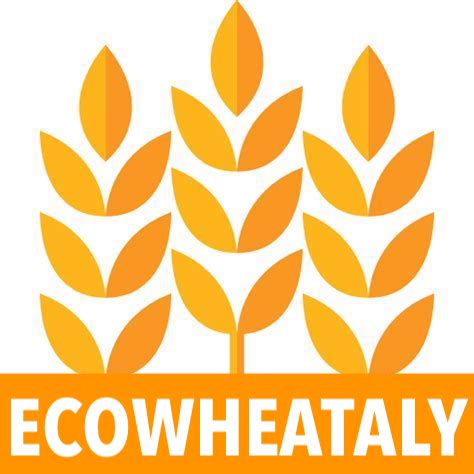Behind every wheat spike lies a web of hands, knowledge, and choices — and increasingly, those hands are female.
From the sowing field to the research lab, and from small farms to cooperative boards, women are reshaping the face of the wheat sector: not only as producers, but as innovators and guardians of sustainability.
An Invisible Yet Essential Contribution
Globally, women make up about 43% of the agricultural workforce, according to the FAO (2024).
In some regions of Sub-Saharan Africa and South Asia, their share exceeds 60%. Yet their role often remains undervalued or invisible: only 15% of women own the land they cultivate, and just one in ten has access to credit or agricultural training.
This imbalance has measurable consequences. Where women participate fully in agricultural decisions, wheat yields increase by up to 30%, and water and fertilizer efficiency improves significantly (FAO, Gender and Food Systems Report, 2023).
Empowering women is therefore not only a social issue — it’s an agronomic one.
From Production to Research: A New Generation of Leaders
In Italy, the wheat supply chain — from fields to flour to pasta — is seeing a steady rise in female leadership.
There are farmers experimenting with crop rotation and local varieties under organic systems; researchers working on wheat genetics and soil sustainability; food technologists improving flour and baking quality; and managers leading cooperatives and consortia.
Their contribution is not only quantitative but qualitative: women often bring a more integrated vision of sustainability, connecting environment, community, and social value.
The “Donne in Campo” network of Confederazione Italiana Agricoltori (CIA), for example, supports female entrepreneurship and training in agriculture.
Internationally, the FAO–IFAD “Rural Women’s Empowerment” Program promotes cereal-based projects that strengthen women’s economic autonomy and social visibility.
Women as Keepers of Biodiversity
In many rural areas across the Mediterranean, Africa, and Asia, women play a central role in preserving local wheat varieties.
They are often the ones who select, save, and exchange seeds — a practice known as seed sovereignty — ensuring that traditional, climate-adapted cultivars survive through generations.
This work sustains agricultural biodiversity, which protects food systems from the risks of genetic uniformity and market dependence.
As highlighted in the FAO’s “Women and Biodiversity” Report (2022), cereal systems where women participate in seed selection are 15–20% more resilient to climate shocks than those managed through conventional, top-down approaches.
Social Innovation for Fairer, More Inclusive Supply Chains
Sustainability is not only environmental — it’s also social.
Women across the wheat supply chain — agronomists, millers, bakers, researchers — are helping shape a new kind of rural economy:
- more circular, reinvesting resources into the community;
- more equitable, bridging the gap between rural and urban economies;
- more cooperative, combining knowledge, care, and innovation.
All over Italy, from Umbria to Sicily, women-led cooperatives produce flour, bread, and pasta from ancient grains, building short, transparent supply chains.
These initiatives show that social innovation can be just as transformative as technological innovation.
Wheat as a Tool of Empowerment
Working within the wheat value chain means more than producing food — it means gaining economic independence, a voice, and representation.
The UN 2030 Agenda for Sustainable Development, through Goal 5 (SDG 5), recognizes that gender equality is a prerequisite for resilient and fair food systems.
Empowering women is, quite literally, a way to feed the world.
If female farmers had the same access to resources as men, global agricultural production could rise by 2.5–4%, and over 100 million people could be lifted out of hunger (FAO, 2023).
Looking Ahead
The future of wheat will also be a question of gender.
New generations of women — scientists, farmers, entrepreneurs — are redefining the balance between productivity, resilience, and care for the land.
Through its data-driven and sustainability-focused approach, EcoWheataly recognizes that gender equality is not only social justice — it’s a driver of systemic innovation.
The field of the future will be greener, fairer, and, very likely, more female.
Sources:
- FAO (2024). Gender and Food Systems Report.
- FAO (2022). Women and Biodiversity: A Global Perspective.
- IFAD & FAO (2023). Rural Women’s Empowerment and Food Security.
- United Nations (2023). Sustainable Development Goals Report – SDG 5: Gender Equality.
- CIA “Donne in Campo” (2024). Leadership and Innovation in Women-Led Agricultural Enterprises.
- CREA – Centre for Policy and Bioeconomy (2023). Women’s Role in the Ecological Transition of Italian Agriculture.

